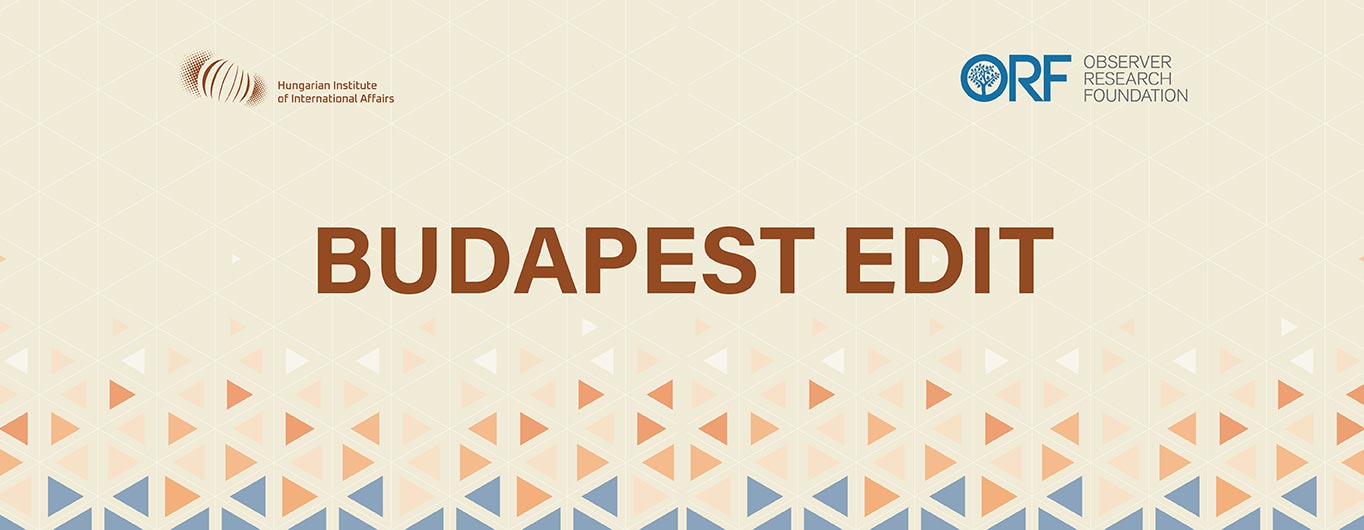
Image Source: Getty
This article is a part of the essay series “Budapest Edit”
The last decade witnessed the flourishing of sovereignty affirmation on a global scale, particularly in the Global South and East. This trend can be seen as a call to revamp the Western-led international order that has often perpetuated neocolonialism under the guise of multilateralism. It is also a clear indicator that countries of the Global South and East have begun to challenge this post-Cold War international architecture by demanding equality, mutual respect, and win-win cooperation in a global system. The return to sovereignty does not mean the rejection of multilateralism but rather signals the necessity for creating a new framework for global governance.
To break free from neocolonial chains, especially those introduced by international financial institutions and multinational corporations, countries of the Global South and East must first develop their domestic capabilities in their strategic sectors.
There is a growing understanding among the Global South and East that the international system should be built around strong, self-sufficient nation-states capable of maintaining critical domestic capabilities without over-reliance on global supply chains. To break free from neocolonial chains, especially those introduced by international financial institutions and multinational corporations, countries of the Global South and East must first develop their domestic capabilities in their strategic sectors. Once these countries develop their domestic capabilities and become self-reliant, only then will they be able to engage in international affairs from a position of strength and equality. In other words, countries that can help themselves can also help the international system in addressing global issues through a more genuine and equal partnership. We should not mistake this shift for isolationism, nor should we dismiss it as a step backward. Rather, we should view it as the foundation for a new world order built on equality and mutual respect—one that moves away from the neocolonial mentality, power imbalances, and patronising dynamics that define the current global system.
Nina Sajić is a Professor at the Institute of Political Science at the University of Banja Luka
The views expressed above belong to the author(s). ORF research and analyses now available on Telegram! Click here to access our curated content — blogs, longforms and interviews.




 PREV
PREV



